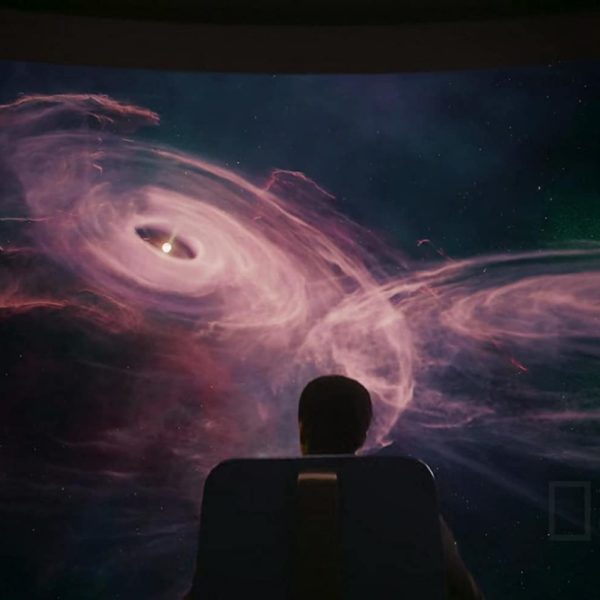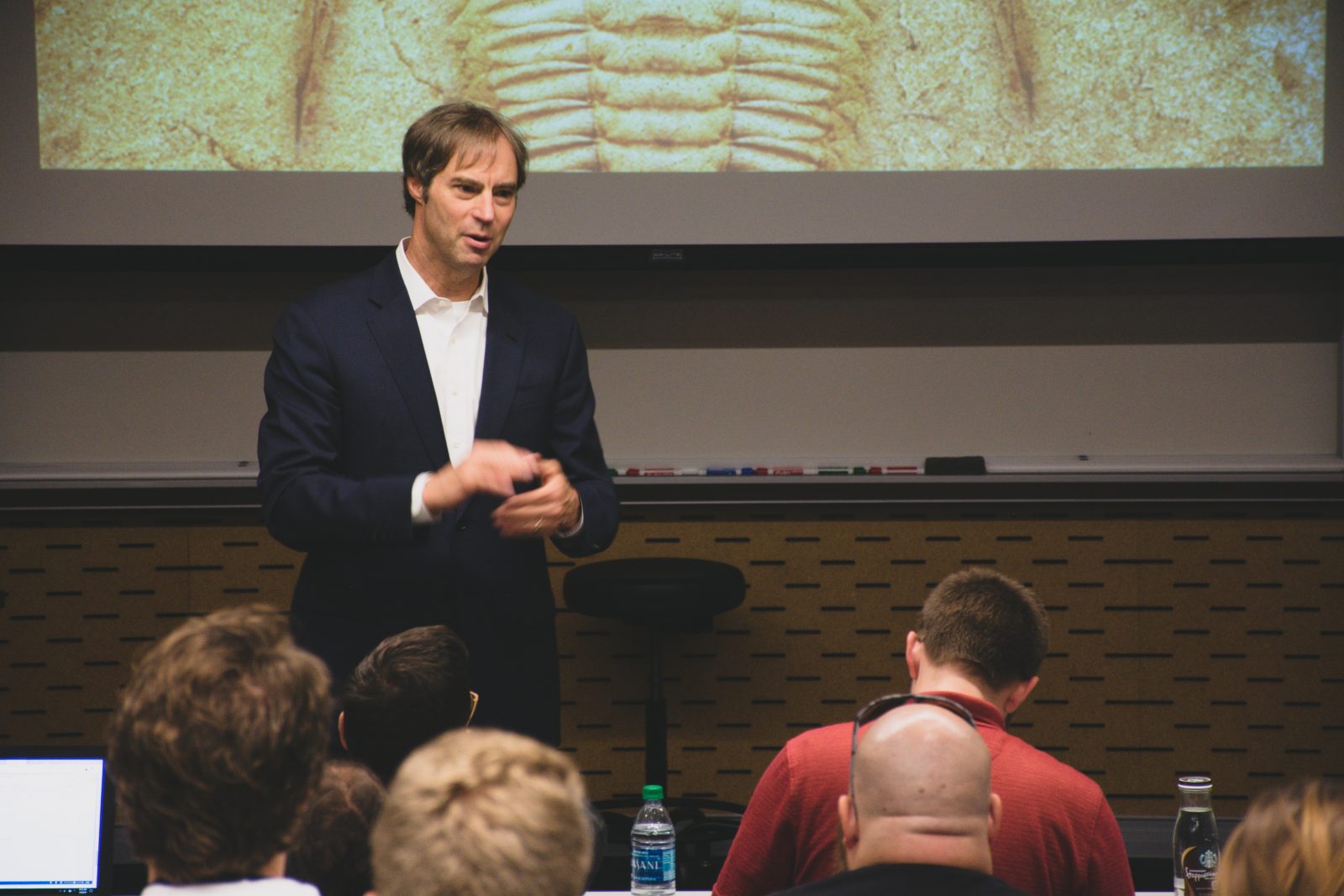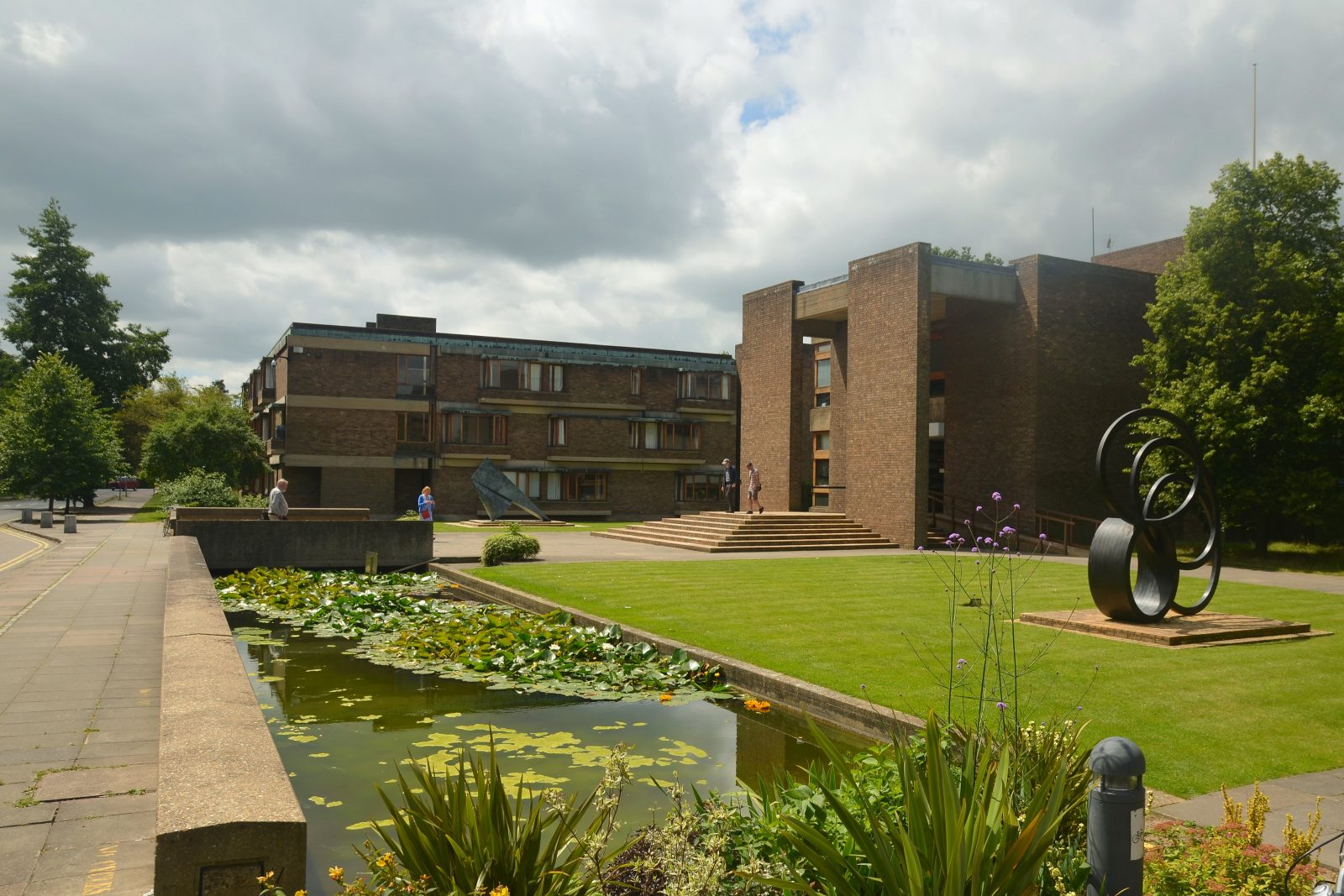


Richard Sternberg on the Trail of the Immaterial Genome

Jonathan Wells Dives into “the Genome’s Uncharted Territories”
On this ID the Future, Icons of Evolution author Jonathan Wells sat down with host and fellow biologist Ray Bohlin at the August 2021 Insiders’ Briefing near Seattle to discuss some fresh discoveries into the workings of the human genome detailed in a recent article in the journal Axios, “Diving into the Genome’s Uncharted Territories.” As the article details, researchers continue to discover important functions in the noncoding regions of the human genome, once regarded by evolutionists as junk DNA. Wells and Bohlin explore the exciting new findings and some of their implications for modern evolutionary theory and intelligent design.

ID Pioneer Michael Behe Tangles with Two Philosophers, Pt. 2
In today’s ID the Future, intelligent design pioneer Michael Behe continues his conversation with philosophers Pat Flynn and Jim Madden. Here in Part 2 of a three-part series, Behe offers an illustration from language and Madden presses him, noting that meaning detection in language is not parts to whole. A lively exchange ensues and then Behe turns the discussion back to his primary focus, detecting design in molecular biological machines by recognizing the purposeful arrangement of parts. From there the conversation turns to everything from epigenetics, systems biology, and autopoiesis to co-option, mousetraps, tie clips, biologist Kenneth Miller, and the philosophers Aristotle and Thomas Aquinas. For Behe’s newest book, A Mousetrap for Darwin, go here. This discussion is presented here with permission of philosopher and podcaster Pat Flynn.

New Cosmos Series Preaches the Religion of Materialism
On this episode of ID the Future, guest host Jay Richards interviews science historian Michael Keas about the new Neil deGrasse Tyson Cosmos television series and its “very impressionistic storytelling.” Starting with an episode titled “Ladder to the Stars,” Cosmos: Possible Worlds weaves a tale of chemical evolution that, according to Keas, fails to engage the tough problems required to build the first self-reproducing biological entity. Keas says it then it moves into a glib explanation for the origin of mind and human intelligence. As Richards and Keas show, evidence takes a back seat to storytelling in both this latest version of Cosmos and in its predecessors.

Richard Sternberg on the Trail of the Immaterial Genome
On this episode of ID the Future, Dr. Richard Sternberg, research fellow at the Biologic Institute, speaks on his mathematical/logical work showing the difficulty of identifying genes purely with material phenomena, and that DNA doesn’t have all that’s needed to direct the development of organisms.
Read More ›
Stephen Meyer on His CSC Summer Seminar Talks
On this episode of ID the Future, Stephen Meyer, Director of the Center for Science and Culture, discusses the two lectures he gave to a private audience at Discovery Institute’s 2019 Summer Seminar on Intelligent Design. One talk focused on the fossil record, and the other on the Big Bang.

First the Royal Society Meeting, Now Cambridge’s “Evolution Evolves”: Paul Nelson Reports
On this episode of ID the Future, intelligent design proponent and philosopher of biology Paul Nelson reports on a recent conference he attended at the University of Cambridge, “Evolution Evolving: An International Conference on the Evolving Mechanisms and Theoretical Framework of Evolutionary Biology.” Scientists from around the globe gathered under the operating assumption that the modern evolutionary synthesis is sorely lacking. As with many of the biologists who attended the 2016 Royal Society meeting “New Trends in Evolutionary Biology,” many of the attendees of the Cambridge event find themselves disenchanted with Neo-Darwinism and weighing their options. They’re still not looking outside the walls of the “City of Naturalism,” Nelson says, but it’s fascinating and encouraging to witness the increased openness to ideas that reach beyond modern Darwinian dogma.

Dr. Michael Denton: Paradigm Shifts, pt. 1
On this episode of ID the Future, Casey sits down with Senior Fellow Dr. Michael Denton for a discussion of paradigm shifts in science. Dr. Denton reflects on paradigm shifts that he’s witnessed in his lifetime and how his own thinking has changed over the years, and also looks at how these shifts challenge Darwinian evolution in new ways.
Read More ›